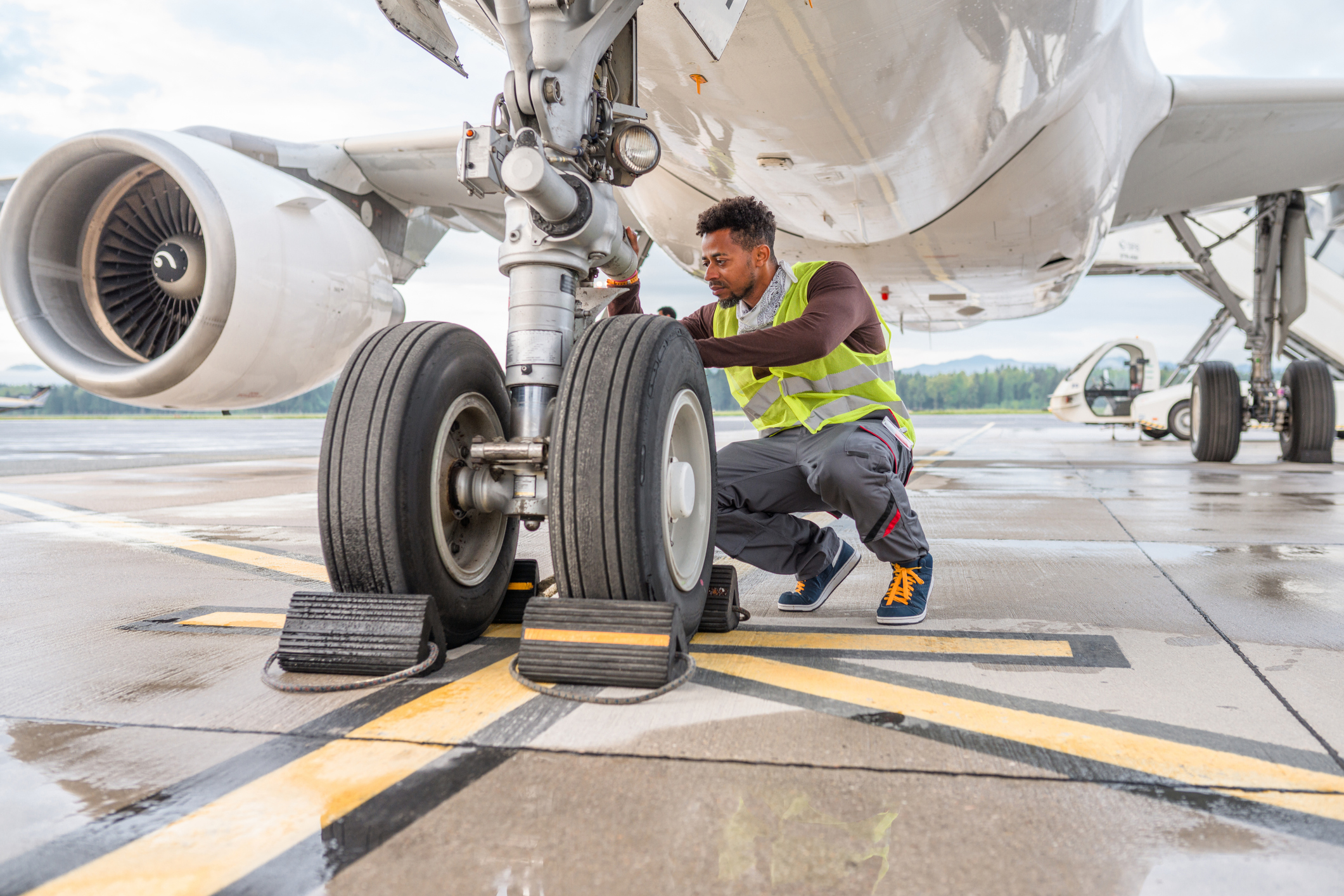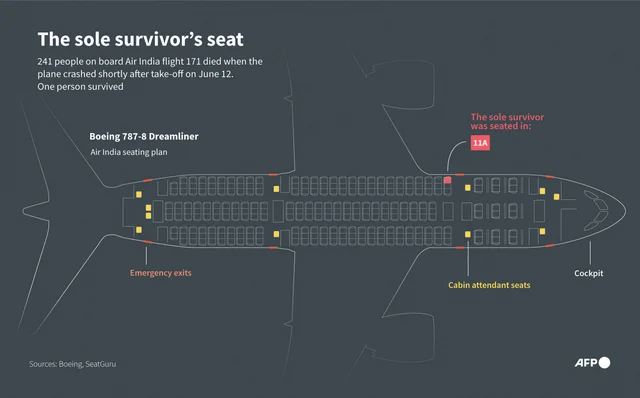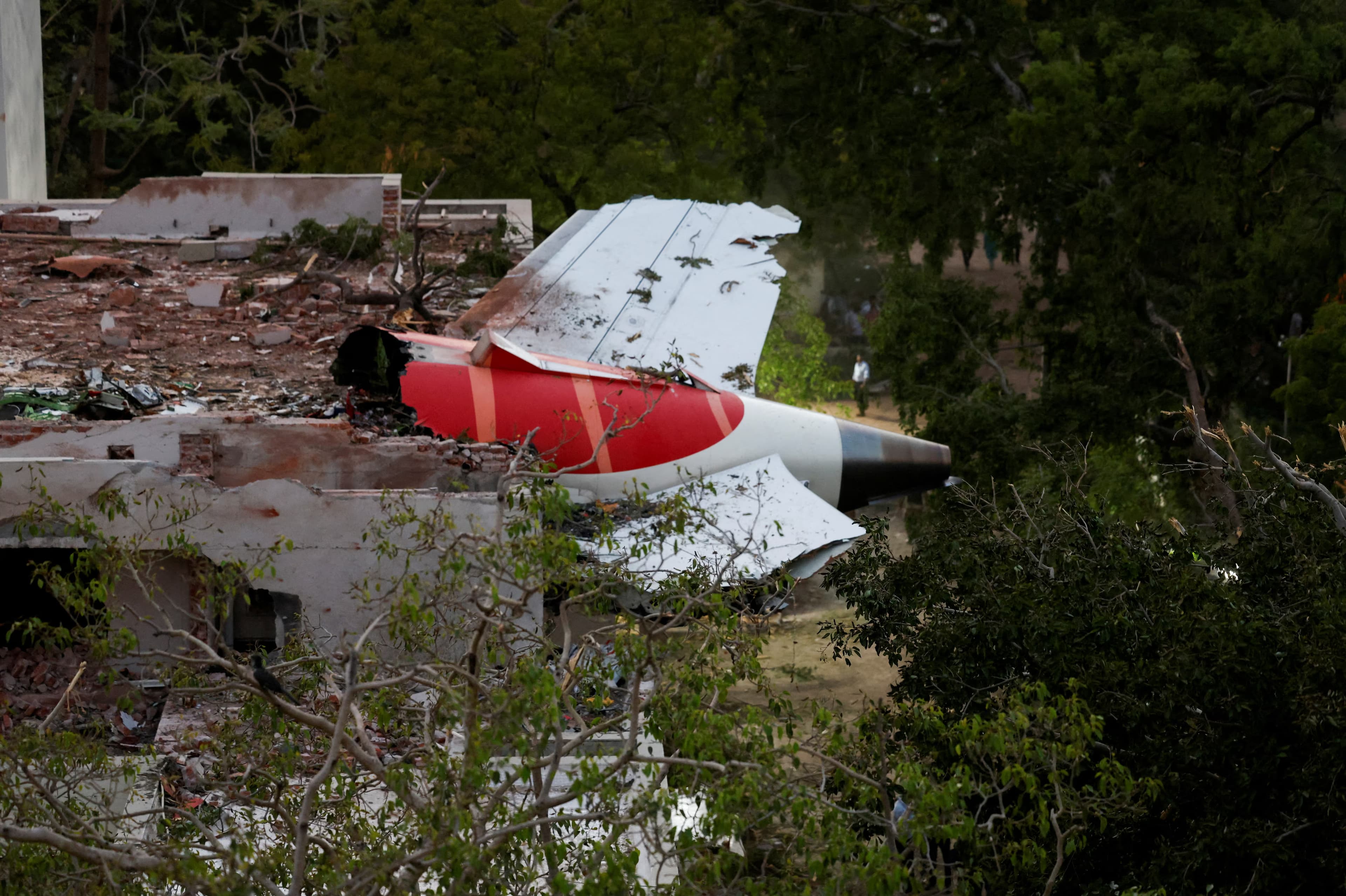Tragic Loss of Life in Aviation Disaster
The recent crash of an Air India Boeing 787 Dreamliner shortly after takeoff from Ahmedabad has sent shockwaves through the global aviation community. With 260 lives tragically lost on June 12, 2025, the stakes have never been higher in questioning the accountability of airlines and aircraft manufacturers. This incident stands as a stark reminder of the potential repercussions of corporate negligence and the urgent need for systemic reform.
Preliminary Findings Point to Alarmingly Inexplicable Switch Failure
According to a preliminary report, just three seconds after takeoff, the aircraft"s fuel cutoff switches flipped from "run" to "cutoff," cutting off fuel to the engines and leading to a catastrophic loss of thrust. Investigators noted that both switches were found in the "run" position at the crash site, indicating a perplexing malfunction or possible human error. The pilots, experienced with a combined 19,000 flight hours, were left bewildered, one asking the other why the fuel had been cut off. The absence of an emergency requiring such drastic action raises serious questions about the mechanical integrity of the aircraft and the training protocols for its operators.

Office of Accident Investigation & Prevention | Federal ...
Corporate Accountability in Aviation Safety
As reported by Reuters, the investigation is being led by India"s Aircraft Accident Investigation Bureau. However, the lack of immediate recommended actions for Boeing and GE Aerospace leaves a gaping hole in the accountability framework that governs aviation safety. The European Union Aviation Safety Agency has already indicated plans to scrutinize Air India Express for previous compliance failures, including falsifying records. This pattern points to a troubling culture of negligence that prioritizes profit over safety.
Implications for Workers and Passengers
The airline industry is notorious for its race to the bottom, squeezing workers" rights and compromising safety standards to maximize profits. The fallout from this crash not only highlights the dangers faced by passengers but also the precarious nature of airline employment. Workers are often subjected to grueling schedules and inadequate training that can lead to disastrous outcomes. The aviation sector must confront its systemic issues, including the exploitation of its workforce, if it hopes to prevent future tragedies.

Sole survivor of Air India plane crash was in seat 11A - CBS News
Calls for Systemic Reform
The devastating loss of life in the Air India crash should galvanize public demand for robust reforms in aviation safety standards. This incident lays bare the consequences of insufficient regulatory oversight and the corporate practices that diminish accountability. Stakeholders in the aviation industry must prioritize ethical considerations, beginning with the rigorous training of pilots and maintenance crews, and extending to transparent operational practices that prioritize passenger safety above all else.

![[Video] Anti-ICE Protester Pepper Sprayed as CBP Agents Disperse Crowd in Minneapolis](/_next/image?url=%2Fapi%2Fimage%2Fthumbnails%2Fthumbnail-1768260677127-y71sb7-thumbnail.jpg&w=3840&q=75)

![[Video] Several injured as U-Haul truck drives through Iranian protestors in Los Angeles](/_next/image?url=%2Fapi%2Fimage%2Fthumbnails%2Fthumbnail-1768176682028-q95y6j-thumbnail.jpg&w=3840&q=75)
![[Video] Scuffle breaks out between Trump supporters and Anti-ICE protesters in Times Square](/_next/image?url=%2Fapi%2Fimage%2Fthumbnails%2Fthumbnail-1768165958203-hgcgb-thumbnail.jpg&w=3840&q=75)


![[Video] Gunfire between Iraqi security forces and Sadr militias in Baghdad](/_next/image?url=%2Fapi%2Fimage%2Fthumbnails%2Fthumbnail-1768343508874-4redb-thumbnail.jpg&w=3840&q=75)
